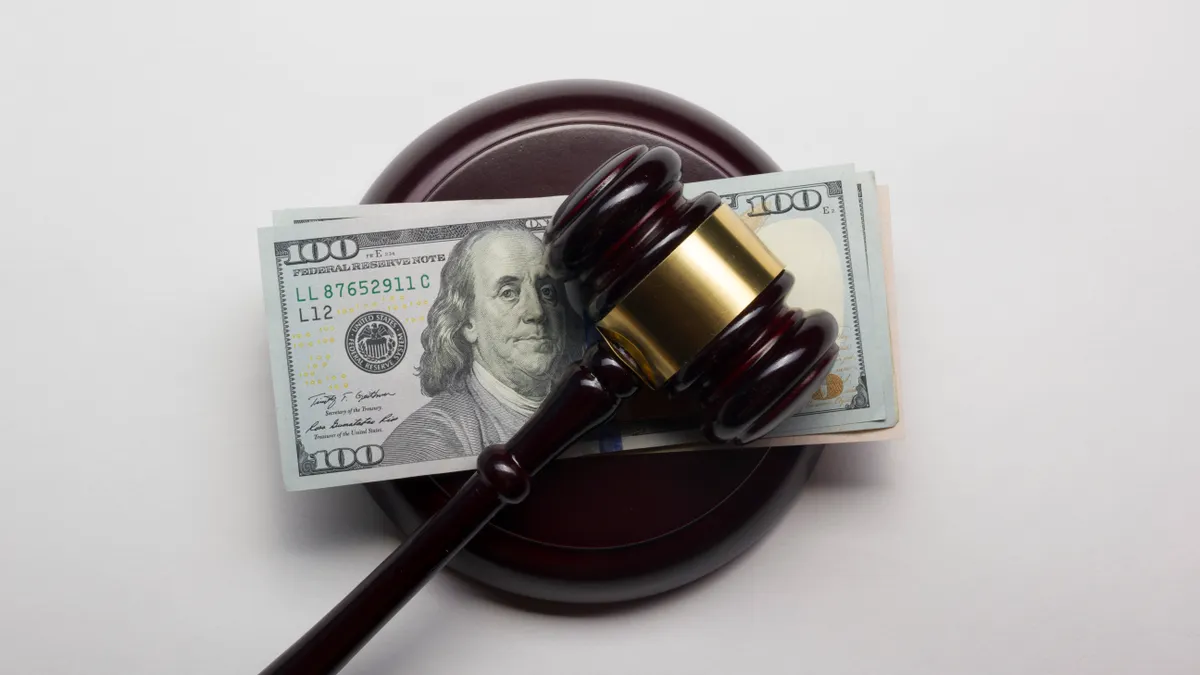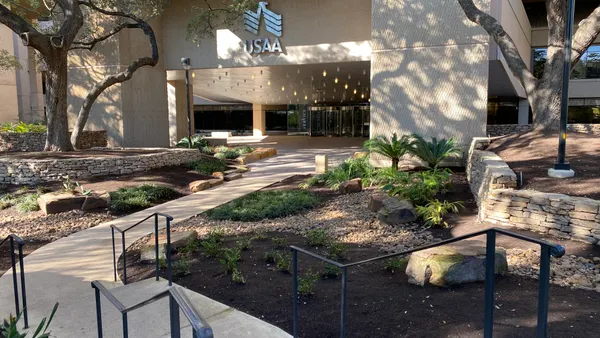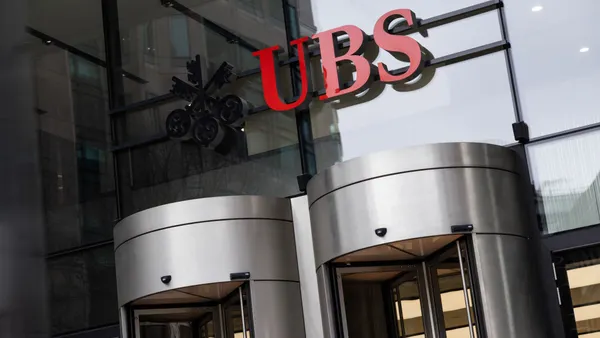A judge tossed Synapse Financial Technologies’ Chapter 11 bankruptcy case Wednesday, 19 months after the company’s collapse locked customers out of up to $95 million of their own funds.
Judge Martin Barash granted bankruptcy trustee Jelena McWilliams’ request to dismiss the case, which she made in June on the grounds that Synapse lacked the funds to repay creditors and that efforts to sell its assets yielded no viable bidders.
Many end users of Synapse’s fintech partners, such as Yotta and Juno, have yet to get their funds back. Some users of the r/yotta subreddit, which has been the de-facto online meeting place for users locked out of Synapse-tied funds since April 2024, have posted within the past 24 hours that they’re personally owed thousands of dollars: one user, $63,000; two more, $30,000; another, $10,000.
In August, the Consumer Financial Protection Bureau sued Synapse for $1 to trigger access to its civil monetary penalty fund to redress harm to customers. The bankruptcy court approved the settlement in September, but the CFPB has not yet been in touch with users about accessing its victim relief fund, former Yotta customer Sam Mesquita told Banking Dive via text.
Jonathan Groth, a bankruptcy attorney at Miami-based law firm DGIM Law, told Banking Dive that “you really don’t see” bankruptcies as large as Synapse’s getting dismissed.
“The dismissal is really the result of the [CFPB] coming in and taking ownership of the payments back to the affected consumers,” Groth said.
“Synapse’s estate was administratively insolvent, and there was no money to pay the trustee and the professionals to continue to try and unwind this thing,” Groth said. “It looks like there was a decision made that it would be just far more beneficial to the affected consumers to dismiss the bankruptcy and allow the CFPB to take over. This was really the only way the consumers were gonna get any money back at all.”
Leadership at the CFPB, however, recently teased plans to shutter the agency in the next couple of months.
But Groth is “hopeful” that the CFPB, if it does shutter, will make payments out of the fund beforehand, given that the agency “went through the trouble of working with the trustee here and filing the adversary proceeding.”
The CFPB did not respond to an inquiry into how much remains in the civil monetary fund, or a timeline on distributing payouts to Synapse-affected consumers. As of September 2024, the fund held roughly $118 million.
“The bureau under the current administration is trying to wind down, so they want to deplete what's in [the fund]. If this gives them an opportunity to achieve that, they'll very likely take it,” Groth noted.











